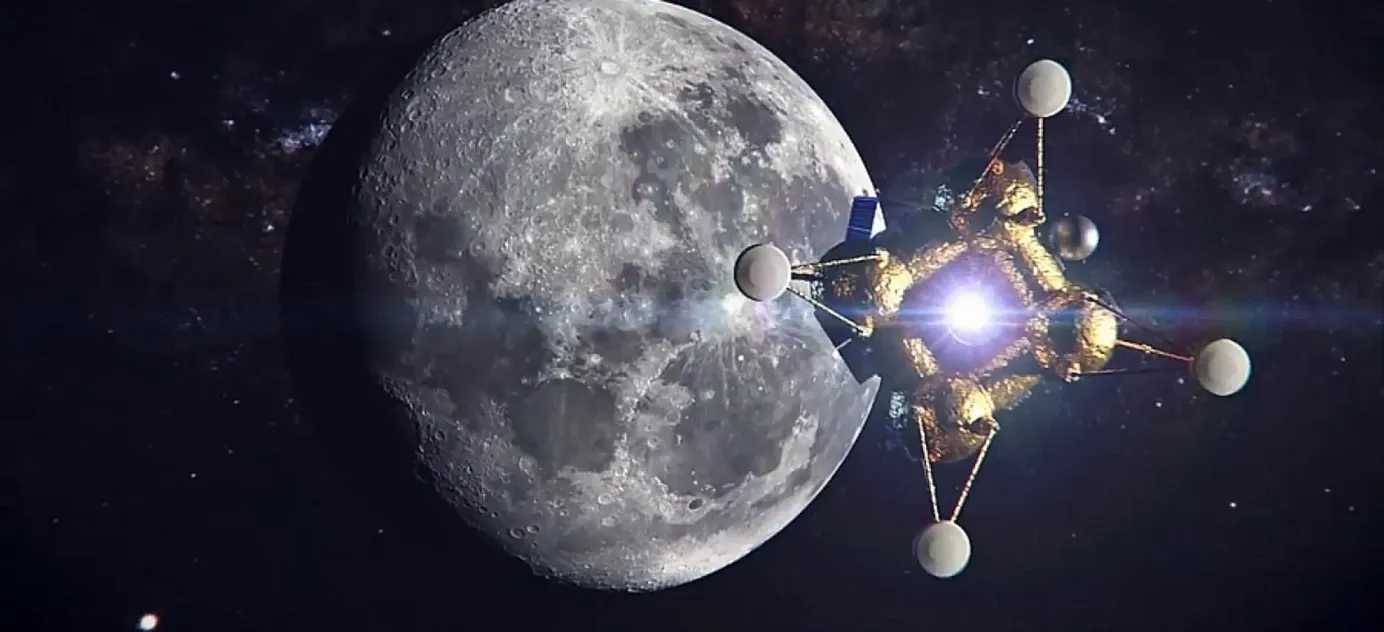
Russia Loses its First-Ever Lunar Station
Russia attempted to launch a lunar station for the first time since the Soviet era. The Luna-25 mission was initially planned for the late 90s. But because of a combination of the failure of other space programs, a lack of funding, sanctions, and the collapse of international cooperation in space, it only made it to the launch pad this month. State space agency Roscosmos had high hopes for the $100 billion mission — but it ended in failure.
The Luna-25 crash became known on Aug. 20. Roscosmos said that it lost contact with the lander during its transition to a pre-landing orbit. It most likely crashed into the moon’s surface.
The mission’s aim was to land a research station on the moon, where it would spend a year searching for traces of water. It would also prepare a landing site for future stations. The initial task of landing somewhere around the moon’s south polar region was not easy. Specialists placed its chances of success at 50/50.
While the U.S.S.R. was an active player in the global space race, contemporary Russia has largely dropped out of it. “For me, [Luna-25] was probably the last hope of seeing the revival of our lunar program,” researcher Mikhail Marov, who worked on several Soviet interplanetary missions, said after the crash. After hearing of the mission’s failure, Marov was hospitalized.
Luna-25 cost at least 12.6 billion rubles ($134 billion). That’s half the sum that Russia is estimated to spend each day on its war in Ukraine.
Why the world should care
Russia has inherited huge legacy from the Soviet space program. However, it appears that not even this can help the country be a major player in the space race, especially at a time when the country’s spending is primarily going toward the war in Ukraine.



PAID SUBSCRIPTION LAUNCH
From May 1, 2025, The Bell in English will no longer be free
From May 1, 2025, all The Bell’s newsletters and online content will be behind a paywall. We have taken this decision so that The Bell can remain financially independent, and maintain our high standards of journalism and economic expertise






